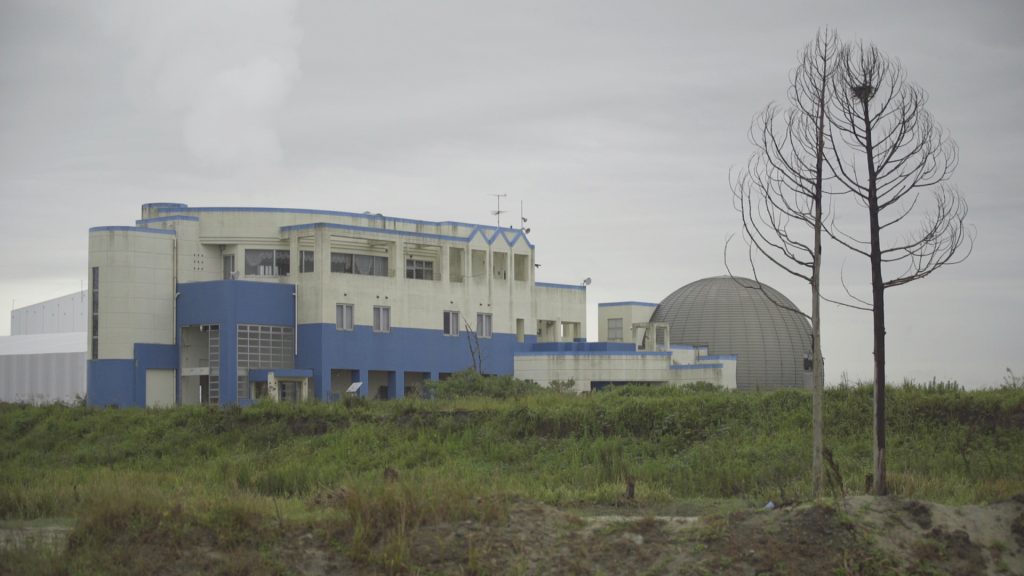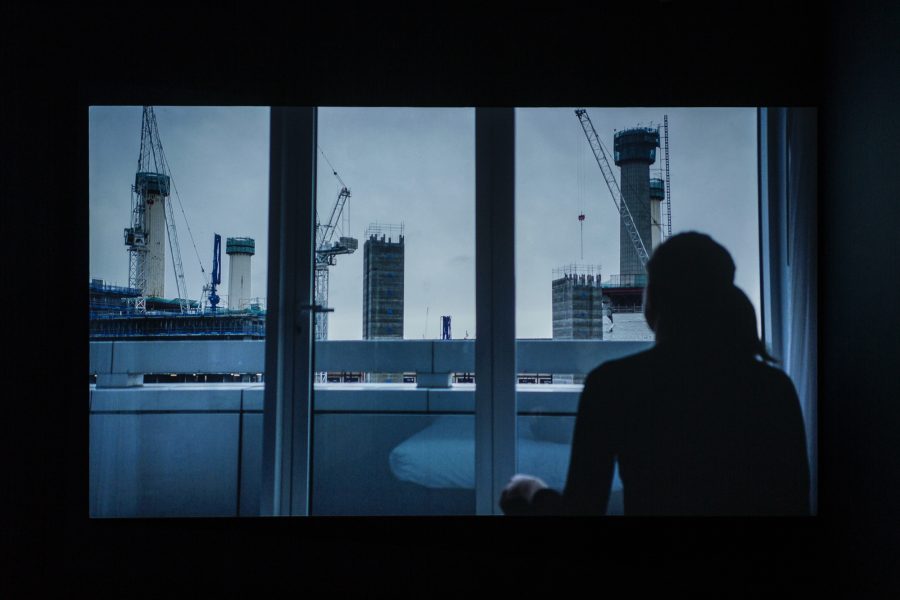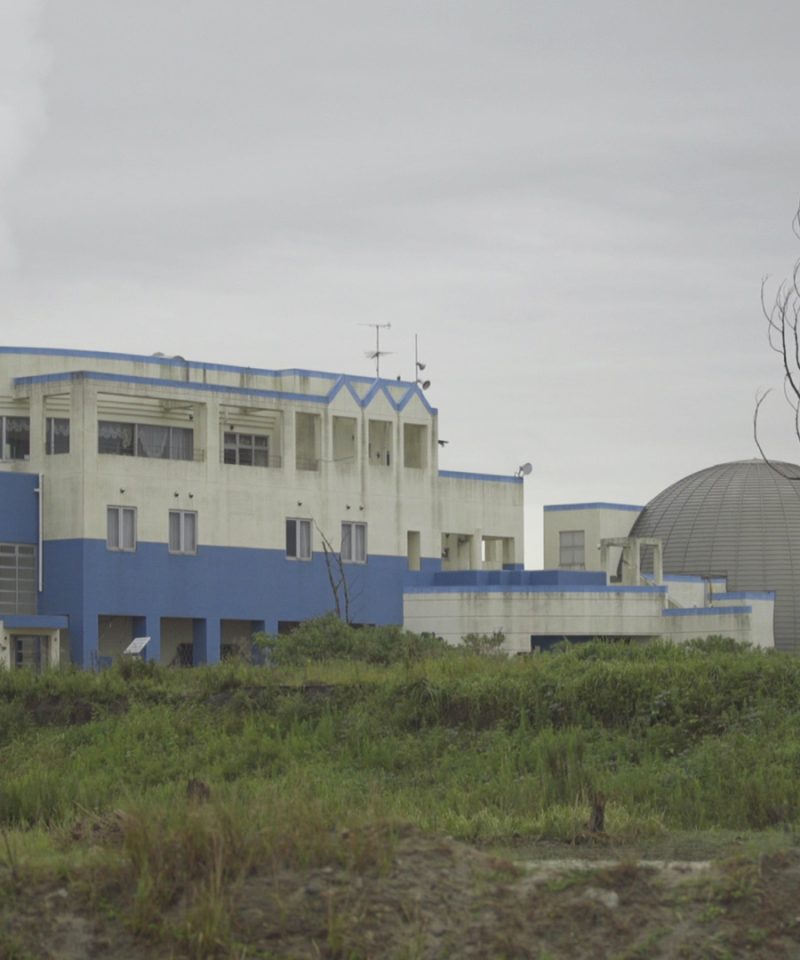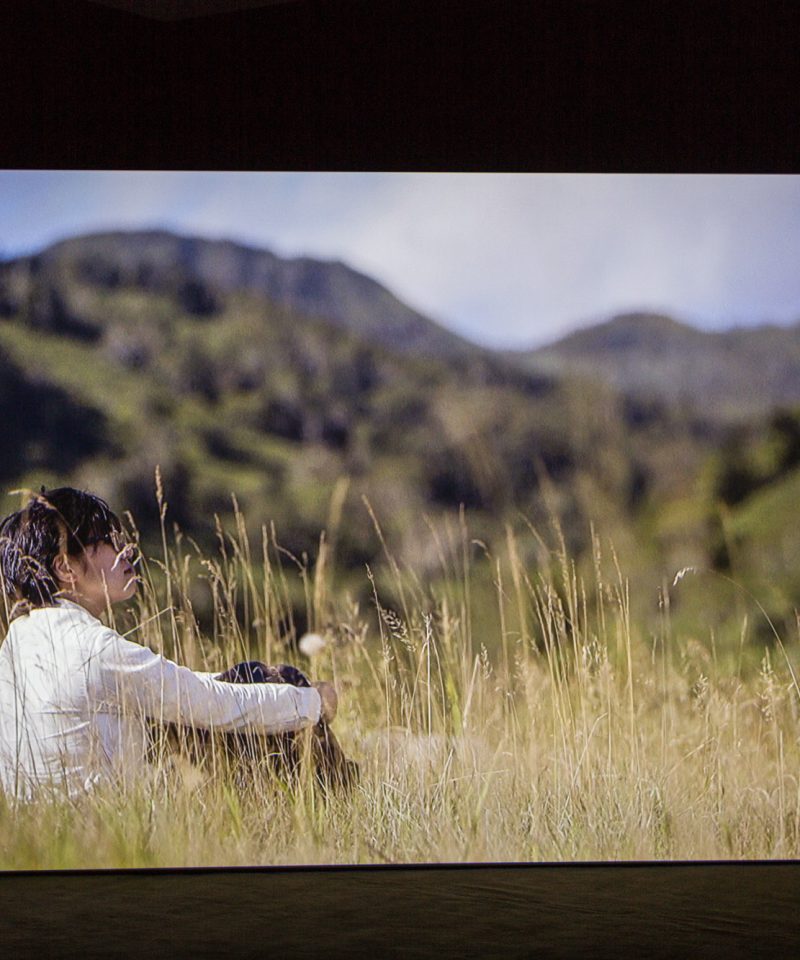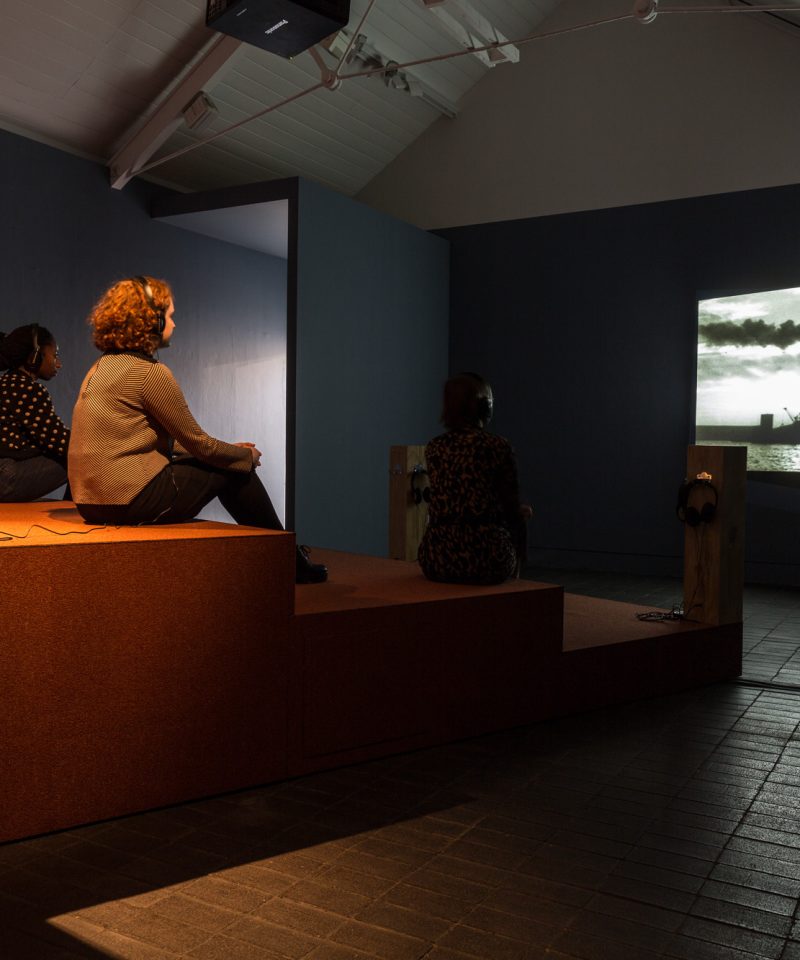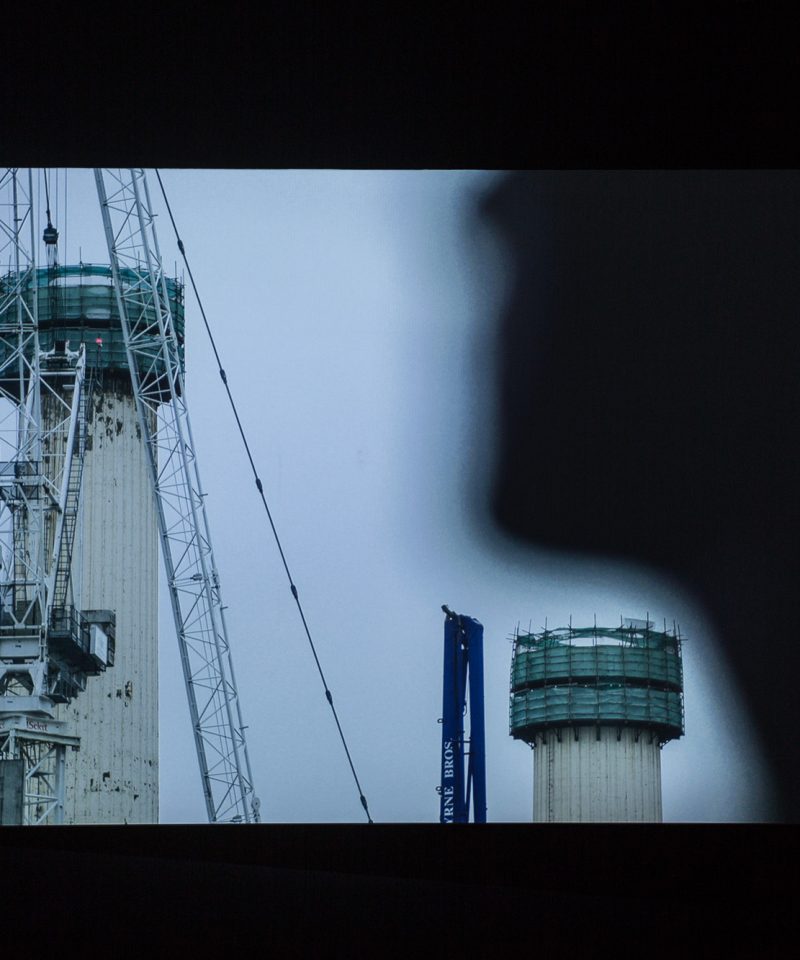A talk by independent writer Eiko Honda, presented at Linnean Society of London as part of the Jerwood/FVU Awards 2016: Borrowed Time.
Power of nature, recovery from disaster and hope for the future, these are some of the key phrases that have visibly inhabited public consciousness in Japan since the 3.11 earthquake, tsunami and nuclear catastrophe. But what is really meant by them? What is the place of language use in this apparent sea change in the appreciation of the politics of the environment? Tracing the roots of issues back to Meiji-period Japan (1868-1912), this talk examines how trans-lingual migration of foreign notions of ‘nature’ and ‘ecology’ to the Japanese language influenced the shaping of the country’s landscape, culture and social perceptions.
Eiko Honda is a researcher and curatorial fellow of Overseas Study Programme for Artists, Agency for Cultural Affairs, Japan. Her curatorial work is driven by the idea of history as an enquiry that unravels potential new understandings of the planetary past, future and present – an adaptation of Reinhart Koselleck’s perspective on social temporalities as possibilities instead of straightforward facticity. Her recent paper Political Ecology of Art and Architecture in Japan: 100 Years Ago and Now, which is soon to be published by Intellect, focusses on alternate notions of ecology, art and architecture that disappeared in the historiography of Japan.
The Jerwood/FVU Awards are a collaboration between Jerwood Charitable Foundation and FVU, in association with University of East London. FVU is supported by Arts Council England.
